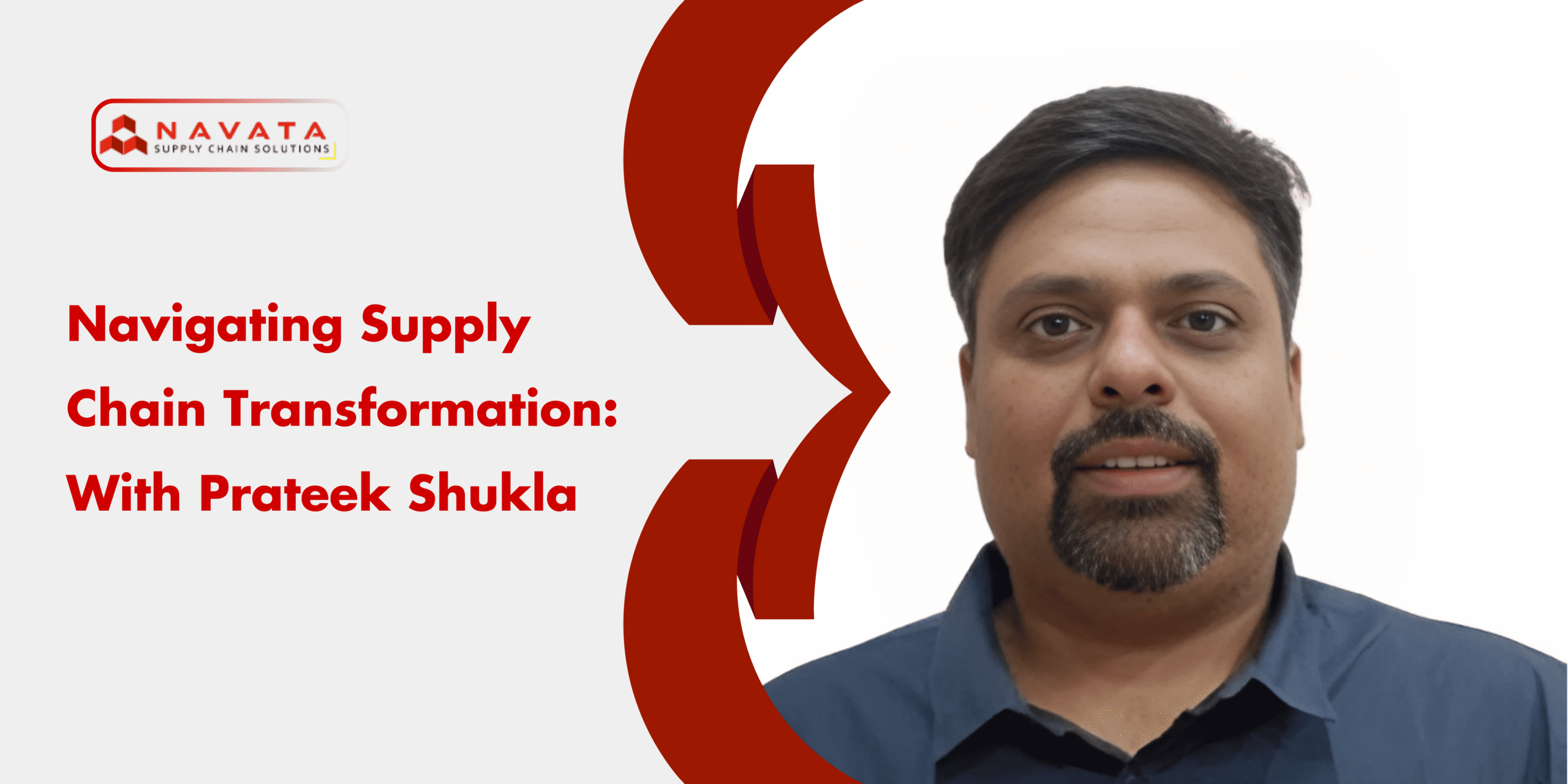Prateek Shukla, who leads the Supply Chain Strategy team at NTT Data India, shares his professional journey, views on industry challenges, the role of AI, and what he looks for in future supply chain consultants. With experience across global industries, Prateek offers practical insights into how businesses in India and beyond can prepare for an evolving supply chain landscape.
Q: What attracted you to the supply chain domain, and what motivates you to continue?
I started my career in manufacturing after graduating from IIT BHU. That gave me a flavor of supply chain operations. Later at IIM Udaipur, interactions with professors deeply knowledgeable in supply chain fueled my interest further.
What keeps me motivated today is the dynamic nature of the field. Every project poses unique challenges, especially with constant disruptions post-COVID. The evolving landscape ensures I stay engaged and continuously learning.
Q: From your experience, what are the biggest challenges in supply chain strategy—particularly in India?
Three challenges come up often.
First, data management. Clean, structured data and a smooth process for managing them is the bedrock of supply chain transformation. Most companies go into sophisticated tech and platforms without proper data management systems.
Second, planning and execution need to come together. You might have a 5-year or even a 10 year strategy. But what is equally important is an operational plan for executing it.
Third, change management. Since supply chains cut across multiple functions, collaboration between multiple departments and multiple functions is critical for success of the transformation.
Subscribe to Growth Hub for more in-depth industry leader interviews.
Q: You had mentioned about multi-agent AI in supply chain replenishment in one of your posts. Can you tell me more about it?
Traditionally, replenishment followed fixed rules in ERP systems based on demand forecasts and stock data. Multi-agent AI changes this. Different AI agents handle different aspects—demand prediction, order analysis, and supplier coordination. Together, they make replenishment more autonomous. This reduces manual intervention and increases speed and accuracy, freeing up planners for more strategic decision-making.
Q: How are global trade disruptions, such as changes in U.S. tariffs, impacting India’s supply chains?
The effects are still evolving, but they are already creating disruptions in sectors like pharma, automotive, and consumer electronics. Prices of components are fluctuating, and supply constraints are rising. Companies are rethinking their sourcing strategies—exploring near-shoring, re-shoring, and building resilience into supply chain design. Today, it’s not just about cost and service but also about risk, sustainability, and flexibility.
Q: What qualities do you look for while building a supply chain consulting team?
We look for curiosity, problem-solving ability, and a collaborative mindset. Technical supply chain knowledge is important, but we don’t expect early-career hires to know everything.
We have strong upskilling programs to build technical and functional expertise. What matters most at the start is hunger to learn and the ability to approach problems analytically.
The Supply Chain Growth Hub was created to share on-ground knowledge from supply chain professionals—helping us grow together and make India’s supply chains a true competitive advantage.
We curate interviews, industry news, and the latest developments. Subscribe to our newsletter to stay updated, and email us at growthhub@navatascs.com if you’d like to contribute.



